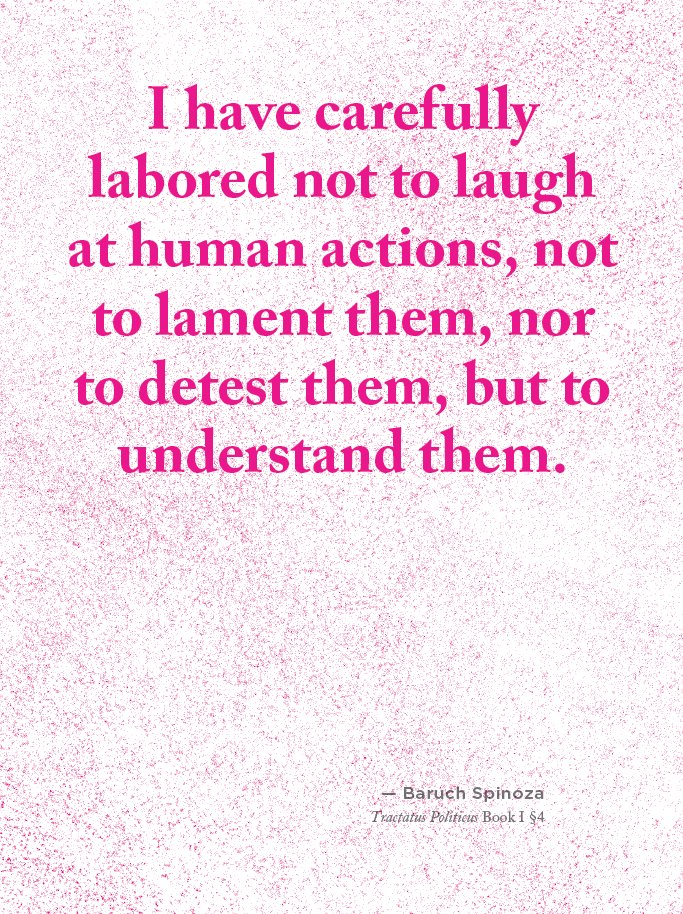I’ve spent all these years in interfaith discourse, and I have less and less interest in tolerance and toleration every year, because tolerance usually assumes, “We’ve got it made. And we’re going to tolerate you.” Or, “If I can get you to believe as little as I do and as lightly as I do, then we can get along.” So I prefer a different word that I’ve been writing about: hospitality.
Phobia to Philia: From Hatred to Love
The Greek word xenophobia (‘xenos’ = stranger) means hatred of the stranger. Xenophilia, the love of the stranger, is the word in Greek that’s translated in English bibles as ‘hospitality’. There was no worse sin, in the Hebrew scriptures than being unfair to the stranger. Abraham greets three strangers and learns that he’s serving God. In the New Testament there’s a quotation, “Do not neglect to show hospitality to strangers, for thereby some have entertained angels unawares” (Hebrews 13:2).
In pluralism, you’re surrounded by strangers, because the stranger is somebody who embodies, personifies, brings values that aren’t native to the group. The little Muslim kid in a Christian community is a stranger. The community doesn’t have to turn Muslim. And they don’t have to muffle their Christianity.
“That all guests be received as Christ; that’s xenophilia, hospitality.”
My mission was to help people understand. My motto in studying world religions was from Spinoza:
I have sedulously endeavored not to laugh at human actions, not to lament them, nor to detest them, but to understand them.
— Baruch Spinoza, Tractatus Politicus i. 4.

The Benedictines, the Catholic religious order, they have two main mottos. First, that all guests be received as Christ; that’s xenophilia, hospitality. And second, ora et labora; you pray and you work. An early Benedictine monk once asked, “Now what if somebody comes along who’s obstreperous and contumacious and argumentative and just hard to live with… they won’t shut up!?”
“Nothing is more important than to keep the richness of our pluralism alive.”
Pray, Work, and Keep Pluralism Alive
Well, the first thing you do is ora et labora. You pray. That God will give this person a different vision. As for work, well, it’s Saturday and you go out and clean the cow shed together. You bond. You go through several steps. If that doesn’t work, try again. And if at the table the guest is still obstreperous and contumacious and argumentative and awful to live with, then you get two stout monks to take him outside and explain the matter to him! Which means, “You don’t win ‘em all.”
Nothing is more important than to keep the richness of our pluralism alive. To be aware of many different people and different ways, and deal with it. And you learn to deal with it by storytelling, by example, by living with each other.
